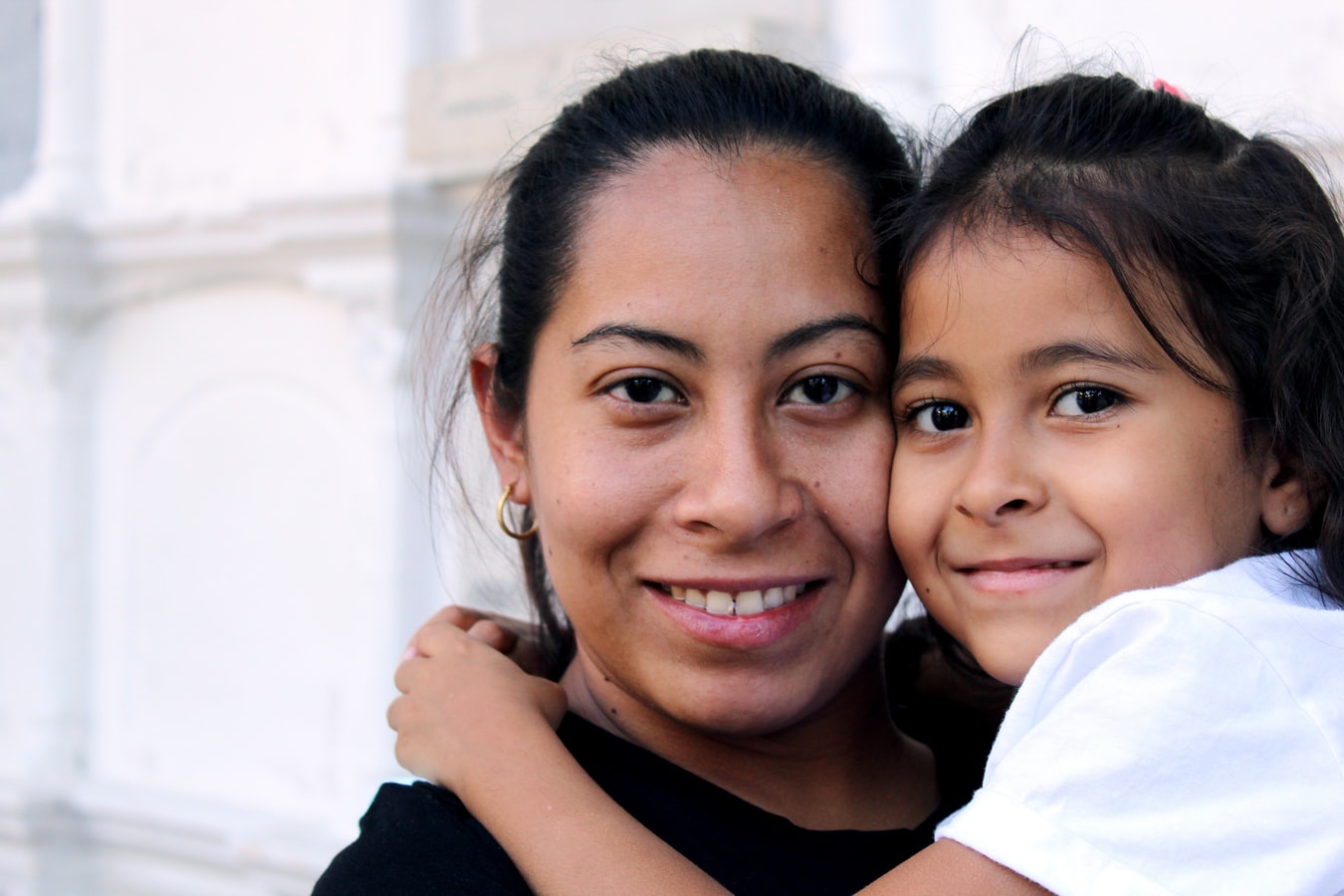April is Sexual Assault Awareness Month. The month creates an opportunity for our community to raise awareness about sexual assault and stand in solidarity with survivors.
Sexual Violence in Abusive Relationships
Sexual violence is most often perpetrated by someone a survivor knows, and this includes intimate partner relationships. Sexual violence may occur in additional forms of abuse (like physical or emotional abuse) and is rarely an isolated incident. The majority of women who are physically assaulted by a partner have been sexually assaulted by the same partner. (rainn.org)

Some warning signs of abuse to look for in your relationship:
- Acts jealous or possessive and try to control most of your daily activities
- Follows or spies on you or leaves threatening messages
- Threatens to hurt or kill themselves or others if you leave
- Limits your access to money or necessities
- Keeps you from seeing friends or family
- Keeps you from getting a job or going to school
- Threatens to harm your kids or pets
More info about what domestic violence is.
Consent
Consent between partners is necessary each and every time you are intimate. You do not have a right to your partners body just because you have been intimate before or because you are dating/married. Consent is an ongoing process of discussing boundaries and what all parties are comfortable with.

“Enthusiastic consent is a newer model for understanding consent that focuses on a positive expression of consent. Simply put, enthusiastic consent means looking for the presence of a “yes” rather than the absence of a “no”. ” (rainn.org)
Remember that your body is your own.
You have the right to decide who you are intimate with and when.
Safehome’s 24-HR Domestic Violence Hotline: (913) 262-2868
Metropolitan Organization to Counter Sexual Assault Crisis Line: (913) 642-0233
National Sexual Assault Hotline: (800) 656-4673





